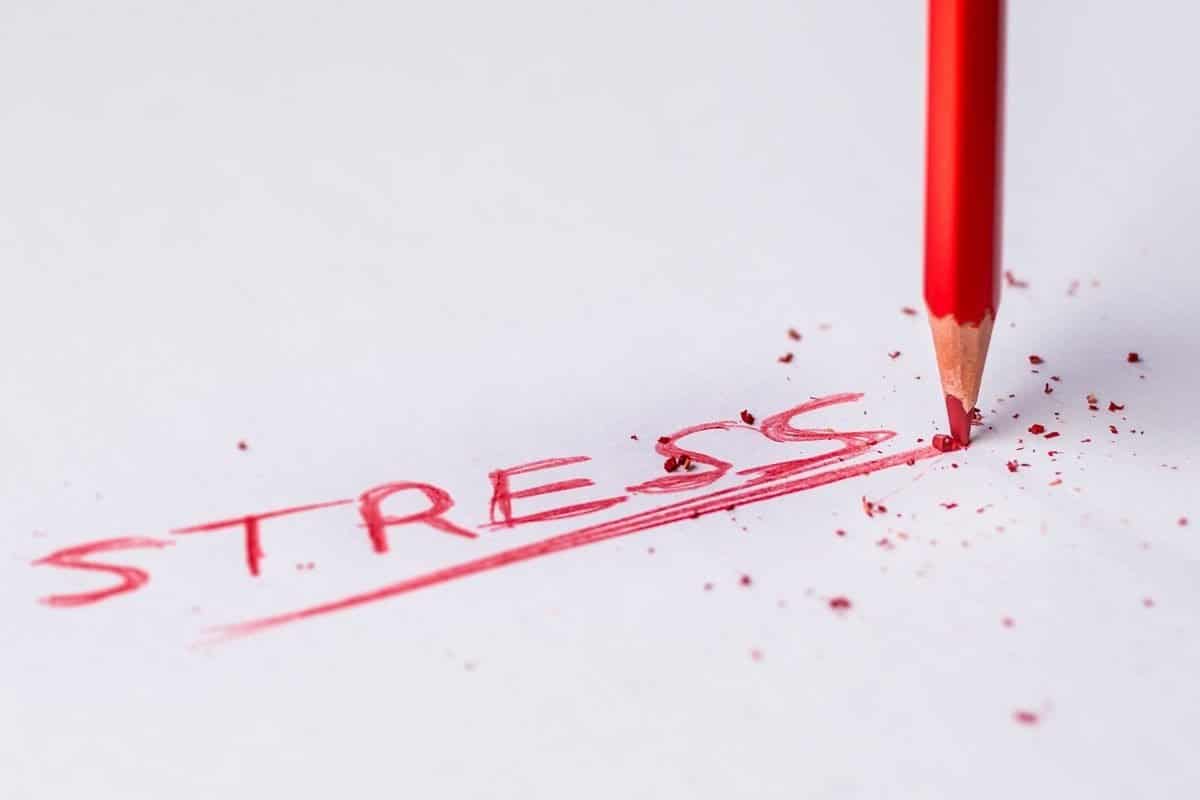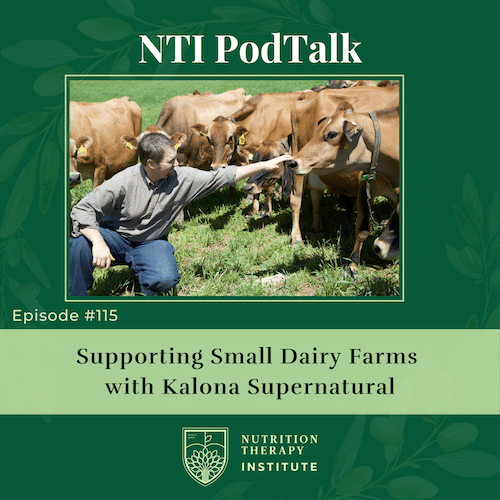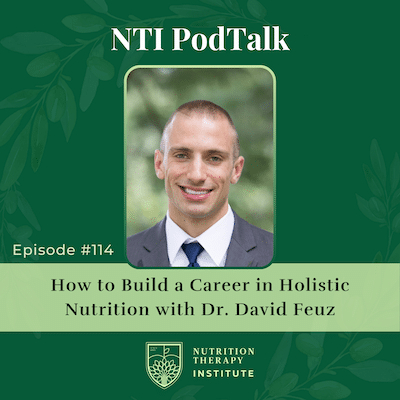
Share this post!
What’s stress got to do…..got to do with it? What’s stress…..but a second-hand emotion? (Is Tina Turner in your head now?)
I think many of us feel like we understand what stress does to our body. We think things like:
- It increases blood pressure
- It hampers our sleep
- It causes headaches
- It derails our healthy eating plans
- It talks us into vegging on the couch instead of working out
Heck, we can probably think of 10 more things stress does to us…..but I’m sure there are aspects of stress that you haven’t thought of……things you didn’t even know that would think of.
I’d like to give you more ‘food for thought’ so that you might see stress for the problem it really is, and take real action steps to ‘nip it in the bud’, every chance you get. Here’s a brief anatomy and physiology lesson to help you understand a bit more…..
The central nervous system, made up of the brain and spinal cord, is responsible for virtually every bodily function.
- Our lungs couldn’t breathe without a signal from the brain and down the spinal cord directing our breath.
- Our heart couldn’t beat without that same signal coming from the brain and down the spinal cord.
This central nervous system has two sub-units that make up the whole:
- Parasympathetic Nervous System
- Rest and Digest
- Sympathetic Nervous System
- Fight or Flight
These systems have a Yin/Yang synergy. When one system is in high gear, the other is at rest. It’s virtually impossible for both systems to be fully functioning at the same time. It can’t be night and day at the same time. It can’t be hot and cold at the same time. And….we can’t rest and fight at the same time, either.
If we are constantly stressed, we are stuck in the ‘fight or flight’ mode. And, if we are stuck in the ‘fight or flight’ mode, it is virtually impossible for us to effectively absorb nutrients from our food, even if we’re doing our best to eat healthy, wholesome food. That’s because our digestion process is controlled by our parasympathetic nervous system and stress is controlled by our sympathetic nervous system.
What happens if we can’t effectively digest the food we are eating?
We can’t nourish every cell, tissue and organ in our body. And, if we can’t nourish our cells, tissues and organs, every single part of our body will start to fail. Every. Single. One.
Stress isn’t just a little annoyance….it’s a real big deal….and you have to treat it as such. And, I wish it was as simple as balancing the parasympathetic nervous system with the sympathetic nervous system….but it’s not. Stress causes even more problems…
How many of you have heard of the adrenal glands? Even if you haven’t heard of those tiny, but mighty organs, the odds are good that you’ve heard of adrenaline. (You know…..like adrenaline junky). Well, adrenaline is a hormone that is made by the adrenal glands and is secreted when we are under stress.
In addition, there is another hormone that is secreted by the adrenal glands when we are under stress, too. This hormone is called cortisol. Under stressful conditions, cortisol provides the body with glucose by releasing protein reserves in the liver. This energy can help you fight or flee a stressor. However, elevated cortisol, over the long term, consistently produces glucose, leading to increased blood sugar levels. Why should you care about increased blood sugar levels? Well, this, over time, is one of the causes of Type 2 diabetes. (Who’da thunk it?? Stress can cause diabetes!!)
Elevated blood sugar levels are also one of the key components in obesity. I think it’s safe to say that most American’s are aware of the fact that there is an obesity and diabetes epidemic happening right now. However, I would venture to guess that many didn’t realize that stress plays a big role in this.
Listen up, men….another unpleasant side effect from prolonged elevated levels of cortisol is that it blocks testosterone’s effect on the body. Yep, you read that right……Low T, erectile dysfunction, impotence…..whatever you want to call it….your sexual function is directly impacted if you don’t effectively handle life’s stressors.
So……what can we do to effectively handle stress?
The good news is that there are many strategies in nutrition therapy available to all of us. Surely there are one or two that will resonate with you.
- Go to bed!!! I mean it…..have a ritual in place that will allow for peaceful sleeping.
- Turn off your electronics (phone, tablet, etc) 1 hour before bed.
- The blue light in electronic devices causes hormonal imbalances that make it difficult to get good sleep.
- If you want MORE brownie points, do not keep your electronic devices in your bedroom while you sleep.
- What I DON’T want you to do is rush out and buy melatonin….no matter how tempted you might be. That is a hormone and shouldn’t be taken unless you’ve been adequately evaluated by a professional.
- The blue light in electronic devices causes hormonal imbalances that make it difficult to get good sleep.
- Move……not to a new home…..but move your body! Pick an activity. It doesn’t matter which one, as long as you can commit to being consistent.
- Walking
- Yoga
- Biking
- Gardening
- The list can go on and on
- Drink some herbal tea
- Color… just like you did when you were in kindergarten.
- This activity releases stress-reducing hormones.
- Play music…..real loud.
- Another activity that releases stress-reducing hormones.
- Find a ‘mindfulness’ activity that you enjoy.
- This might include:
- Meditation
- Tai Chi
- Spiritual Center/Church
- Get ‘social’ in real life….not via electronics
- Science has shown, time and time again, that real human connection releases hormones that reduce stress.
- Throw a party…..invite all your friends….and watch your stress melt away.
- Commit to doing at least one activity per month with friends.
Many foods help to calm the central nervous system, too, but you must employ some, or all, of the techniques above FIRST, in order for the foods to have their therapeutic effect.

Easy grab-and-go foods would include:
- Blueberries
- Greek yogurt
- Walnuts and/or almonds
- Tuna and/or salmon, in those easy to grab packets
- Carrot or celery sticks
Stress happens. There’s nothing we can do about that. But, we can take control over how we handle stress and that’s where the real magic begins. If you feel like you need guidance to help create a strategy to eat better and reduce stress, please feel free to reach out to Nutrition Therapy Institute. They will be happy to place you with a nutrition therapist to meet your needs.
Once you handle stress effectively, you will begin to notice many aspects of your health improving, right before your very eyes.
Related reading…
Is Your Quest for Health Making You Sick? Pt. 1
Is Your Quest for Health Making You Sick? Pt. 2
4 Adaptogenic Mushrooms That May Help You Manage Your Stress
Dr Becky Spacke is a course instructor at Nutrition Therapy Institute. Additionally, she owns and operates Healing From Alzheimer’s, a center focused on preventing and reversing cognitive decline.
Images: Image by Pedro Figueras is free for use by Pexels; Image by Julian Hochgesang is free for use by Unsplash
Share this post!


















